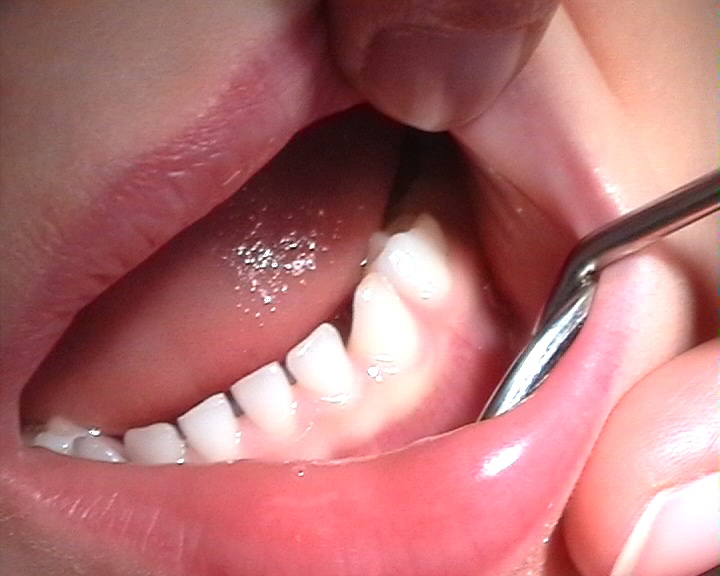- Calls to this hotline are currently being directed to Within Health or Eating Disorder Solutions
- Representatives are standing by 24/7 to help answer your questions
- All calls are confidential and HIPAA compliant
- There is no obligation or cost to call
- Eating Disorder Hope does not receive any commissions or fees dependent upon which provider you select
- Additional treatment providers are located on our directory or samhsa.gov
Dental Treatment for Bulimia When Your Income Is Low

Contributor: Crystal Karges, MS, RDN, IBCLC, Special Projects Coordinator at Eating Disorder Hope/Addiction Hope
Bulimia nervosa is an eating disorder involves repeated episodes of binging, followed by a compensatory action, such as purging (through self-induced vomiting), laxative abuse, or excessive exercise.
For the individual who engages in self-induced vomiting on a chronic basis, severe medical consequences can develop, including electrolyte imbalance, cardiovascular complications, and gastrointestinal difficulties. Another damaging effect that typically results from bulimia is dental damage, particularly for the person who is vomiting repeatedly.
Eroding Tooth Enamel Due to Excessive Vomiting
Because vomit contains stomach acid, which is highly erosive, teeth can begin losing the enamel layer when in frequent contact with vomit. As the enamel layer wears away from exposure to vomit, this can lead to pain and sensitivity in teeth, which can make it more difficult to eat and drink.
Teeth can also become more vulnerable to decay, which can result in increased cavities, broken and or missing teeth. Having these dental complications can severely impact quality of life, making even the most simple tasks difficult for the person struggling with bulimia.
Controlling Bulimia Comes First
Finding adequate treatment for bulimia is an essential component of healing from the many side effects associated with this eating disorder, including dental complications. Getting treatments for dental complications can be futile if the bulimia is still active in a person’s life, therefore, controlling the disease first should be a priority.
As a person begins to progress through the healing process for bulimia, it may become more appropriate to address dental concerns. This can be more challenging for an individual who is lower income or who may not have dental insurance to help cover the costs of treatment. If you find yourself in this situation, do not allow this to discourage you from seeking the help you need.
Finding an Affordable Dentist

Dental complications can be a difficult consequence of having bulimia. As you recover from this eating disorder, know that you can improve the quality of your life by receiving appropriate dental treatment, regardless of your economic status.
Community Discussion – Share your thoughts here!
Have you recovered from bulimia? What resources were helpful to you for dental treatment?
Last Updated & Reviewed By: Jacquelyn Ekern, MS, LPC on June 11th, 2015
Published on EatingDisorderHope.com
